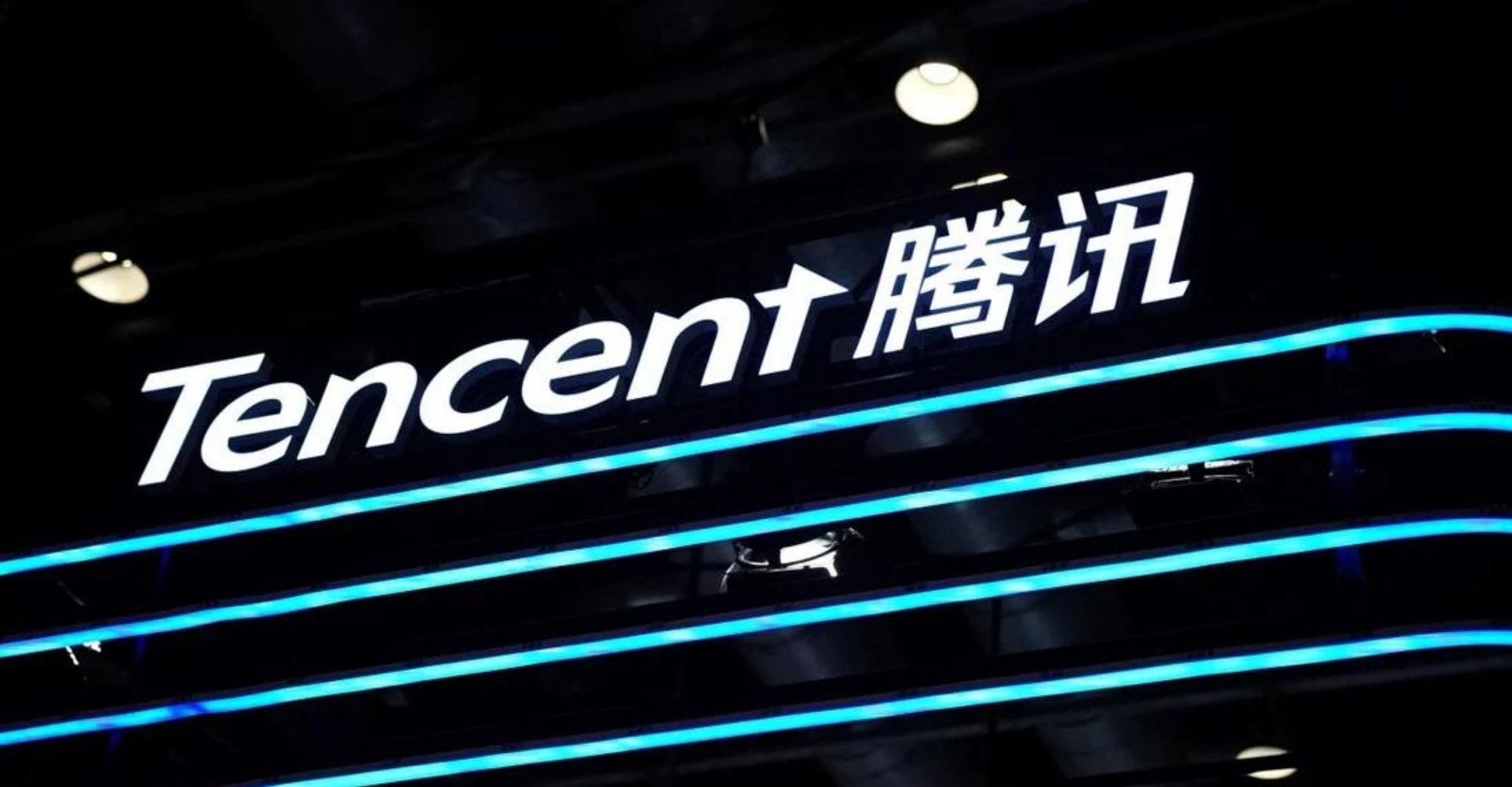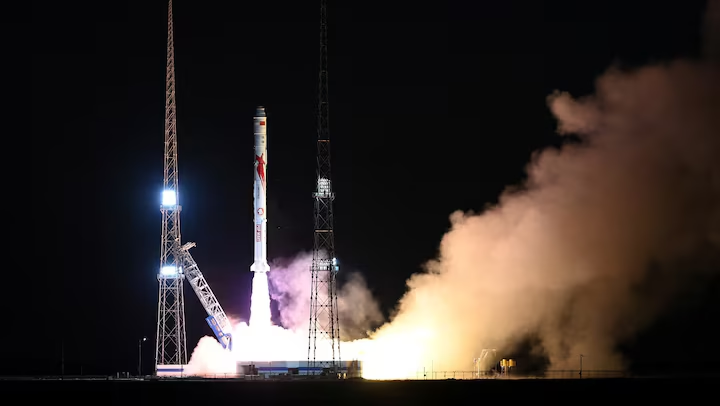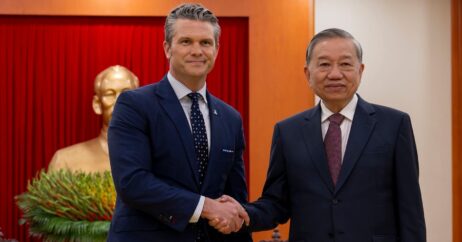The United States has intensified its campaign against China’s military-civil fusion strategy by adding Tencent Holdings Ltd. and Contemporary Amperex Technology Co. Ltd. (CATL) to its list of companies allegedly linked to Beijing’s armed forces. This latest move by the Department of Defense highlights the deepening technological and strategic rivalry between the two global powers.
Tencent, best known for its super-app WeChat and dominance in the gaming industry, and CATL, a leader in battery technology crucial to the electric vehicle (EV) revolution, now join a growing roster of Chinese firms accused of aiding the People’s Liberation Army (PLA). According to the Pentagon, these companies are part of a broader network supporting China’s efforts to integrate civilian innovation into military applications. The allegations come amid heightened scrutiny of Beijing’s ambitions to build a world-class military using advanced technologies.
While the designation on the Pentagon’s 1260H list does not impose immediate sanctions, it carries significant reputational risks for the companies involved. Such listings can deter potential partnerships with American firms and raise red flags for global investors. Following the announcement, Tencent’s stock plummeted by 6.5% in Hong Kong, while CATL’s shares fell over 3% on the Shenzhen Stock Exchange. These market reactions reflect investor apprehension about the long-term implications of the US allegations.
Tencent has vehemently denied the accusations, with a spokesperson labeling the inclusion on the list as “a mistake.” The company maintains that it has no ties to China’s military and that the listing will not affect its operations. Nonetheless, Tencent has expressed its intention to engage with US authorities to address the issue. CATL, a key supplier of batteries to companies like Tesla and Ford, has remained silent on the matter. Its involvement in a planned lithium-ion battery facility in Michigan could draw further scrutiny in light of these allegations.
The escalating tech war between Washington and Beijing has become a defining feature of their bilateral relations. In recent months, the Biden administration has tightened export controls on advanced semiconductors, citing concerns over their potential use in military applications and artificial intelligence. Meanwhile, Beijing has announced restrictions on the export of technology used in rare earth mineral extraction, underscoring its strategic leverage in the global EV supply chain.
Since assuming office in 2012, President Xi Jinping has made military modernization a central pillar of his administration’s agenda. The military-civil fusion strategy, a key component of this effort, aims to integrate China’s private sector with its defense industry to accelerate technological advancements. Under Xi’s leadership, this initiative has been elevated to a national strategy, reflecting his broader vision of China as a dominant global power in multiple domains.
Experts highlight the unique nature of China’s military-civil fusion strategy, which blurs the lines between state and corporate activities. Isaac Stone Fish, CEO of Strategy Risks, noted that the PLA’s close ties to the Chinese Communist Party create a fundamentally different dynamic compared to the US military. “Beijing demands that its companies support the PLA,” he explained, adding that US companies with partnerships in China face growing regulatory and reputational risks.
Despite the allegations, some analysts believe Tencent may successfully challenge its inclusion on the Pentagon’s list. Ivan Su, a Morningstar senior equity analyst, pointed to Tencent’s focus on gaming and social media as evidence that it is unlikely to have military ties. He cited the example of Xiaomi, which successfully fought similar allegations in 2021. A US federal court had ruled that Washington lacked sufficient evidence to classify Xiaomi as a military-linked company, leading to its removal from the list.
The targeting of high-profile Chinese firms underscores the broader stakes of the US-China tech rivalry. As both nations seek to outpace each other in critical sectors like artificial intelligence, semiconductor development, and green energy technologies, the geopolitical implications extend far beyond their bilateral relationship. This growing tension will continue to shape the global economic and technological landscape in the years to come.









